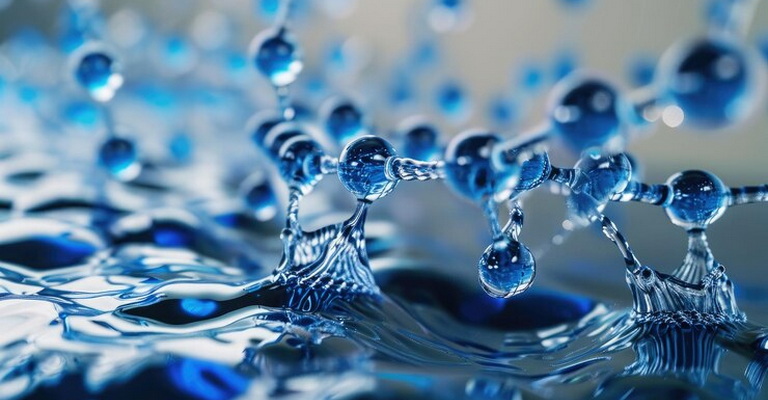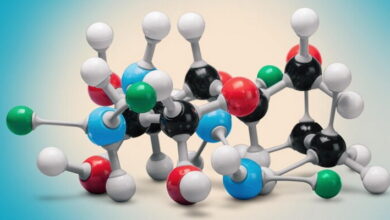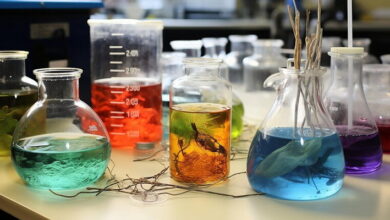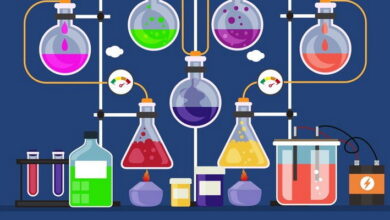Intermolecular Forces MCQs with Answers

Welcome to the Intermolecular Forces MCQs with Answers, it helps learners quickly identify areas for improvement in Intermolecular Forces Online Test.
| Intermolecular forces are attractive or repulsive forces that exist between molecules and other particles. These forces play a crucial role in determining many physical properties of substances, such as boiling point, melting point, viscosity, and solubility.
In a study of intermolecular forces, understanding their nature and strength is essential. Key types of intermolecular forces include London dispersion forces, dipole-dipole interactions, hydrogen bonding, and ion-dipole interactions. London dispersion forces arise from temporary fluctuations in electron distribution, while dipole-dipole interactions occur between polar molecules with permanent dipoles. Hydrogen bonding is a specific type of dipole-dipole interaction where hydrogen atoms bonded to highly electronegative atoms (like nitrogen, oxygen, or fluorine) interact with lone pairs on adjacent molecules. Ion-dipole interactions occur between an ion and a polar molecule. In a quiz on intermolecular forces, multiple choice questions may cover identifying and comparing these forces, predicting their effects on physical properties, and applying concepts like vapor pressure and surface tension. Understanding these forces is crucial in fields such as chemistry, biology, and materials science, where knowledge of molecular interactions informs research and application in pharmaceuticals, materials design, and environmental sciences. |
Intermolecular Forces Online Quiz
By presenting 3 options to choose from, Intermolecular Forces Quiz which cover a wide range of topics and levels of difficulty, making them adaptable to various learning objectives and preferences. You will have to read all the given answers of Intermolecular Forces Questions and Answers and click over the correct answer.
- Test Name: Intermolecular Forces MCQ Quiz Practice
- Type: Quiz Test
- Total Questions: 40
- Total Marks: 40
- Time: 40 minutes
Note: Answer of the questions will change randomly each time you start the test. Practice each quiz test at least 3 times if you want to secure High Marks. Once you are finished, click the View Results button. If any answer looks wrong to you in Quiz, simply click on question and comment below that question, so that we can update the answer in the quiz section.
Download Certificate of Intermolecular Forces Test
On the end of Quiz, you can download the certificate of the quiz if you got more than 70% marks.
Intermolecular Forces Flashcards
What type of intermolecular force occurs between hydrogen and oxygen atoms in neighboring water molecules?
Hydrogen bonding
Which intermolecular force is responsible for the phase transition of iodine from solid to gas?
London dispersion
If you are interested to enhance your knowledge regarding Physics, Computer, and Biology please click on the link of each category, you will be redirected to dedicated website for each category.




